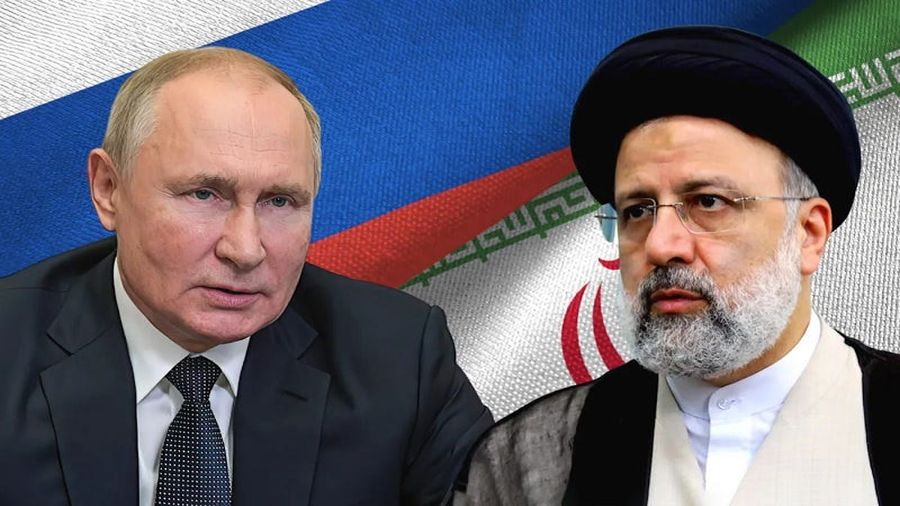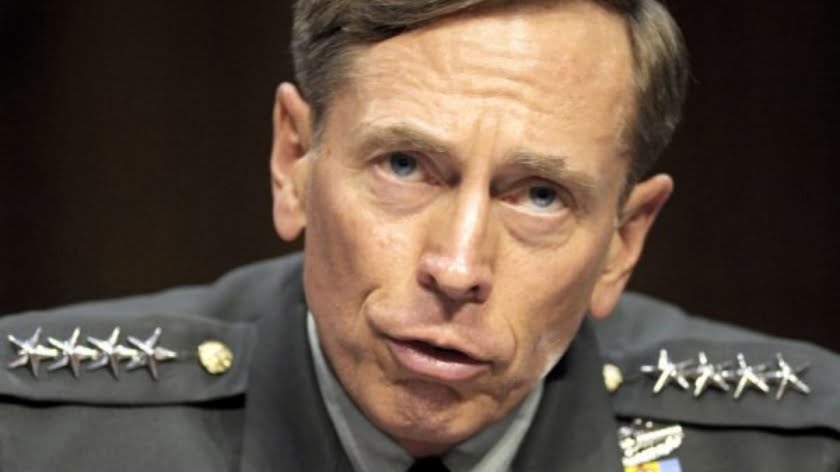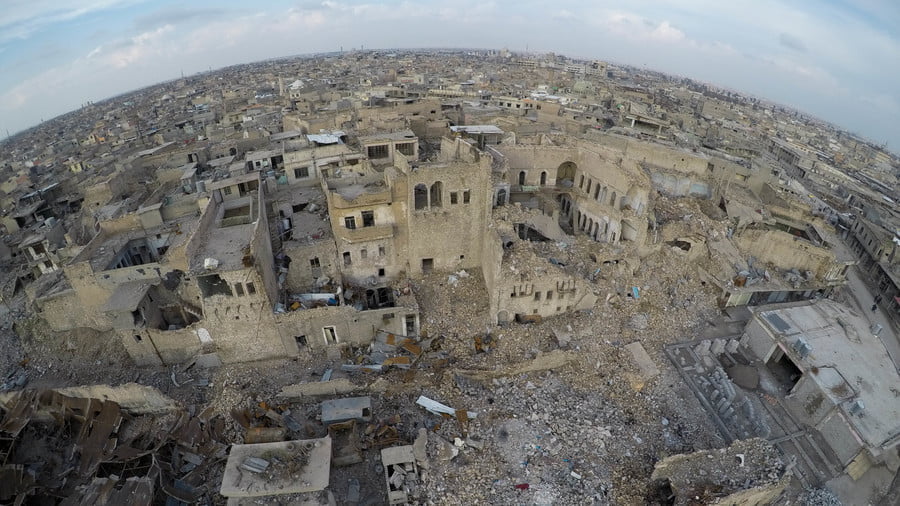The US Is Wrong: Russia & Iran Aren’t Allies, But Close Strategic Partners
The “carrot” of incentivizing Israel and Saudi Arabia to dump Russia hasn’t worked, nor has the “stick” of threatening sanctions against all those who continue cooperating with it, hence why the US has resorted to the third approach of fearmongering about the Russian-Iranian Strategic Partnership on the false basis that it’s supposedly an “alliance” that could possibly one day lead to Moscow militarily intervening against them if they end up physically clashing with Tehran.
A US State Department spokesman told Turkiye’s Anadolu Agency in an email that “Russia deepening an alliance with Iran is something that the whole world should look at and see as a profound threat.” This statement came after Russia launched an Iranian satellite three weeks following President Putin’s visit to Tehran and amidst the US’ fake news campaign alleging that Moscow is purchasing Iranian drones. Further background context includes the legal dispute between Russian authorities and the Jewish Agency over how the second-mentioned stores citizens’ data within the country, which Washington wants to exploit to divide and rule those two. For as much as many in the Alt-Media Community (AMC) want to imagine that Russia and Iran are really allies, especially against Israel, it’s simply not true.
What America is doing is waging an infowar campaign fearmongering about those two Great Powers’ historically unprecedented strategic partnership in an attempt to pressure Israel and the Gulf Kingdoms (particularly Saudi Arabia) into distancing themselves from Russia. It’s taking advantage of their comprehensive bilateral cooperation that was prioritized after the global systemic transition to multipolarity accelerated earlier this year to make it seem like Russia and Iran are jointly destabilizing the wider region. This false narrative deliberately overlooks two very sensitive fault lines between them: Russia “passively facilitating” Israel’s strikes against the IRGC in Syria (despite occasional disputes over them) and the FSB recently warning that terrorists are trying to infiltrate Armenia via Iran.
Those issues are nevertheless manageable as proven by these two’s continued strategic cooperation with one another and their shared Indian partner with a view towards jointly assembling a third pole of influence in the present bi-multipolar intermediary phase of the global systemic transition to more complex multipolarity (“multiplexity”). The core of their efforts comes down to the North-South Transport Corridor (NSTC), which has become Russia’s logistical lifeline to the larger global economy since the imposition of the US-led West’s sanctions earlier this year. That megaproject has the potential to create a new integration axis across Eurasia that can in turn attract others to join this emerging geo-economic network, which will altogether help create the structural basis for advancing multipolarity.
For as game-changing as this grand strategic goal is, it mustn’t be mistaken as an alliance, which implies mutual defense obligations between each party. Neither Russia, India, nor Iran will directly intervene to defend one another from foreign aggression, let alone by dispatching their own troops to that prospective conflict zone. Rather, they’ll likely support one another through alternative means, but once again, that’s still not the same as an alliance. America’s emerging infowar narrative insisting that Russia and Iran have mutual defense obligations to one another is meant to make regional states (specifically Israel and Saudi Arabia) regard Russia as an irreconcilable enemy that’s preparing for war with them in the scenario that they one day end up physically clashing with their Iranian rival.
Nevertheless, neither of those two targeted audiences are likely to fall for this false claim and take tangible action against Russia as a result. That’s because Russia already “passively facilitates” Israel’s countless strikes against the IRGC in Syria like was earlier mentioned while Saudi Arabia entered into growing military cooperation with Moscow several years ago that’s thus far resulted in the Kingdom receiving state-of-art rocket launchers from its new arms partner three years ago (which Iran has yet to receive). With this observation in mind, it can be concluded that the US’ latest perception management operation is mostly directed towards the pro-American faction of both countries’ military, intelligence, and diplomatic bureaucracies (“deep state”) and the wider regional audience.
The reason why the US is going on the infowar offensive in such a way is because it’s rapidly losing influence across West Asia, hence the desperation with which it’s spewing lies about the reality of the Russian-Iranian Strategic Partnership in a last-ditch bid to scare its traditional partners away from continuing to comprehensively expand their growing cooperation with Moscow. Washington also wants Tel Aviv and Riyadh to abandon their policy of principled neutrality towards the Ukrainian Conflict in order to decisively take Kiev’s side by sanctioning Moscow. In other words, the US is reacting to the regional impact of multipolar processes that led to its traditional partners strengthening their sovereignty and thus ensuring that they no longer have to comply with any of America’s demands.
The “carrot” of incentivizing them to dump Russia hasn’t worked, nor has the “stick” of threatening sanctions against all those who continue cooperating with it, hence why the US has resorted to the third approach of fearmongering about the Russian-Iranian Strategic Partnership on the false basis that it’s supposedly an “alliance” that could possibly one day lead to Moscow militarily intervening against Tel Aviv and/or Riyadh if they end up physically clashing with Tehran. The AMC, for as well-meaning as most of its members are with respect to their passionate anti-Zionism and support for those two multipolar Great Powers, mustn’t fall for the bait by extending false credence to the US latest infowar narrative about a Russian-Iranian “alliance” no matter how badly they wish it was true.




![Arthur James Balfour is pictured visiting Jewish colonies in Palestine in 1925 [Getty Images]](https://astutenews.com/wp-content/uploads/2017/10/jamesbalfour.jpg)


